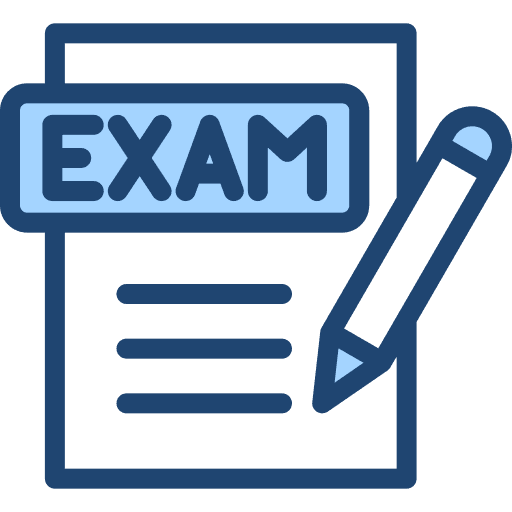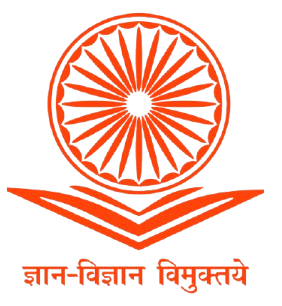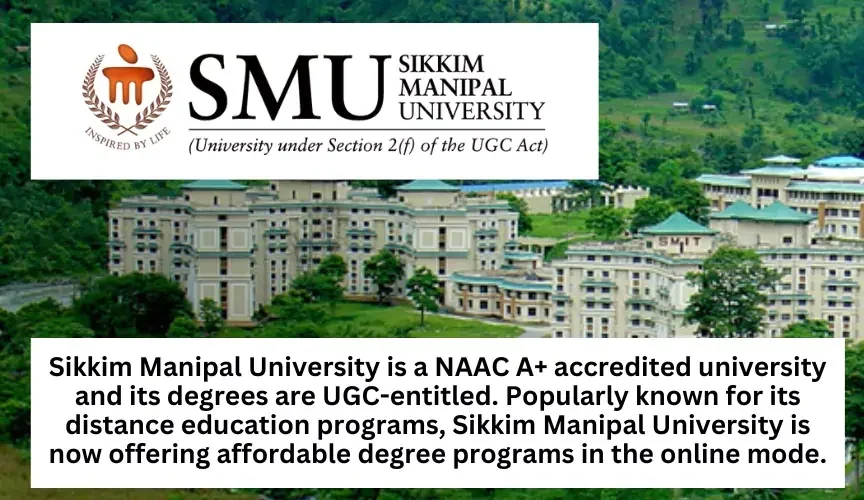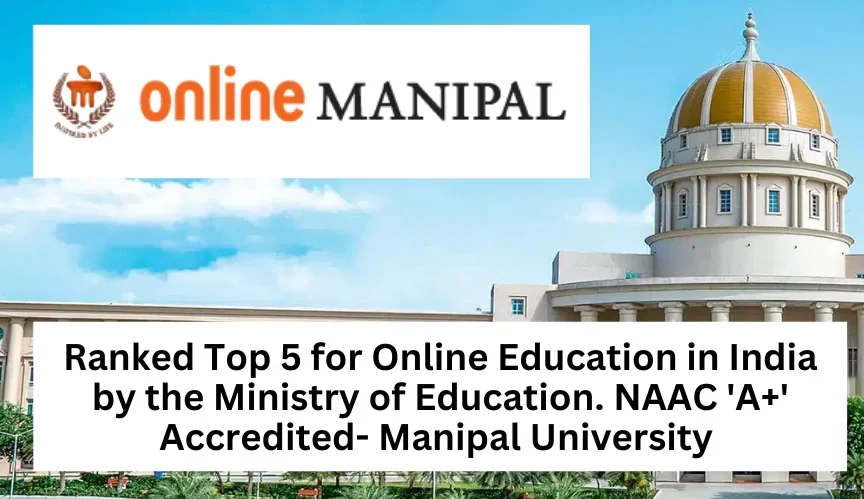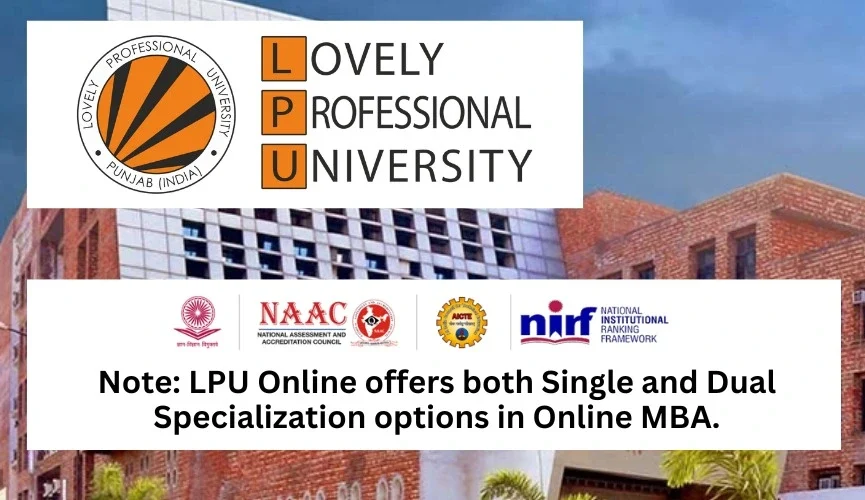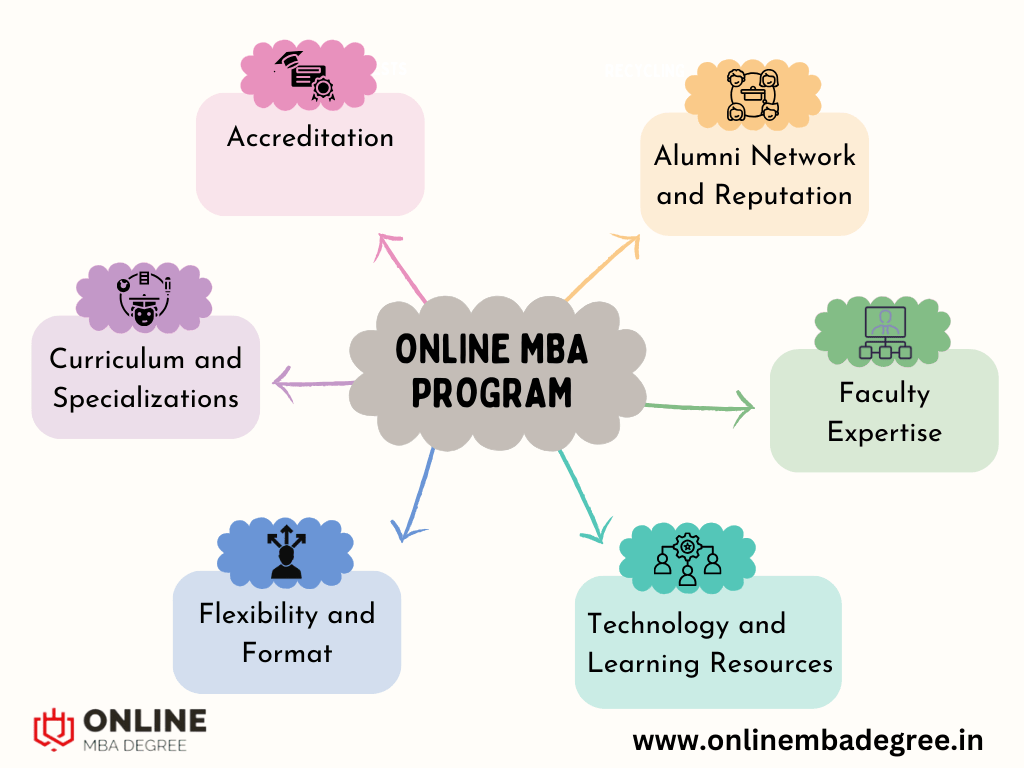UGC Announces Admissions in Two Academic Session 1st Batch(July/August) . 2nd Batch (January/February)
Get an Online MBA Degree by NAAC A++ Accredited Universities
Globally Recognised Universities
As per Govt. Online MBA Degree are Now Equivalent to Regular Degrees
Hurry Up! Admission Closing Soon. Only Few Seats Left. Enroll Now!
ODL & Online MBA Programs are Equivalent to Regular (Campus) Programs - To know more
UGC Announces Admissions in Two Academic Session 1st Batch(July/August) . 2nd Batch (January/February)
Get an Online MBA Degree by NAAC A++ Accredited Universities
Globally Recognised Universities
As per Govt. Online MBA Degree are Now Equivalent to Regular Degrees
Hurry Up! Admission Closing Soon. Only Few Seats Left. Enroll Now!
ODL & Online MBA Programs are Equivalent to Regular (Campus) Programs - To know more

MOOC and Their Impact: A Democratization of Education?
In a world where access to quality education has long been tied to geography, income, and institutional gatekeeping, the rise of Massive Open Online Courses (MOOC) has sparked a quiet revolution. Free or low-cost, flexible, and available to anyone with an internet connection, MOOCs are often hailed as the great equalizer in global education. But are they truly democratizing learning, or is that promise still a work in progress?
What Are MOOCs?
MOOCs are online courses designed for unlimited participation and open access via the web. Launched into the public eye around 2012 — dubbed “The Year of the MOOC” by The New York Times — platforms like Coursera, edX, Udacity, and later FutureLearn and Khan Academy began offering university-level content to learners around the globe. These courses often include video lectures, readings, interactive forums, and peer-reviewed assessments.
The Global Reach of MOOC
According to Class Central, by the end of 2023, more than 220 million learners had enrolled in at least one MOOC. Courses are now offered by over 1,000 universities worldwide, including prestigious institutions like MIT, Harvard, Stanford, and Oxford.
The most compelling aspect? Many courses are free to audit, with optional paid certificates or degrees. For learners in low-income regions or those unable to access traditional education systems, this presents a transformative opportunity.
“MOOCs have made it possible for anyone, anywhere to learn from the world’s best instructors without leaving their home.” – Daphne Koller, co-founder of Coursera
Breaking Barriers: Education Without Borders
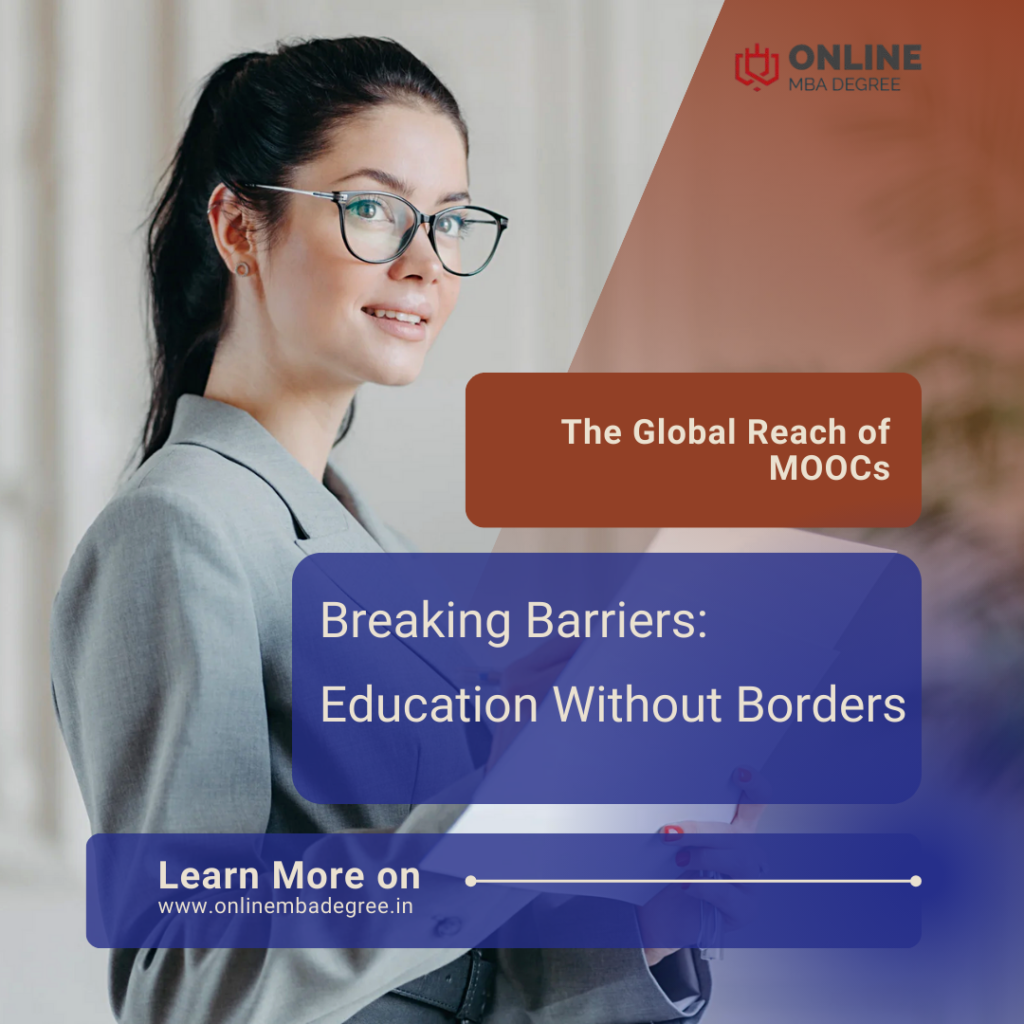
One of the most significant impacts of MOOCs is the removal of traditional barriers:
- Geographic Barriers: Students in remote areas, or countries without robust higher education systems, can now access Ivy League content from a laptop or smartphone.
- Economic Barriers: Many MOOCs are free or cost only a fraction of traditional tuition fees.
- Institutional Barriers: No entrance exams, prerequisites, or GPA requirements. If you’re curious, you can learn.
This accessibility supports what many experts call the democratization of education — the idea that education is a fundamental right, not a privilege.
Who’s Really Benefiting?
Despite their open nature, MOOCs still tend to attract a specific demographic. Studies show that a large percentage of MOOC users already hold a bachelor’s degree or higher, and many come from middle- to upper-income backgrounds.
A 2015 MIT-Harvard study found that only 5% to 10% of MOOC enrollees completed their courses. That doesn’t mean MOOCs fail — it reflects the diversity of motivations, from casual learning to career advancement. Still, it raises a question: are MOOCs truly reaching the underserved, or are they primarily a supplement for the already educated?
Shifting Paradigms in Traditional Education
MOOCs have also sparked innovation within traditional academic institutions. Hybrid learning models, flipped classrooms, and online certifications have become increasingly mainstream. Some universities now integrate MOOC content into their curricula, while others offer full MOOC-based degrees — often at a fraction of the cost of traditional programs.
For example, Georgia Tech’s Online Master of Science in Computer Science, delivered via Udacity, costs around $7,000, compared to $40,000+ for its on-campus counterpart.
Skill-Based Learning for the Future
In today’s rapidly changing job market, lifelong learning is not a luxury — it’s a necessity. MOOCs align perfectly with this demand, offering micro-credentials, professional certificates, and bootcamps focused on in-demand skills like AI, data science, and digital marketing.
Corporate partners like Google, IBM, and Meta have even launched their own certifications through Coursera and edX, creating direct pipelines from online learning to employment.
Challenges and Criticisms
While the potential of MOOCs is enormous, there are real challenges:
- Digital Divide: Access to the internet and digital literacy remains a barrier in many parts of the world.
- Lack of Personalization: MOOCs can’t yet match the mentorship or tailored feedback of traditional classrooms.
- Recognition: Employers and academic institutions vary in how seriously they take MOOC certificates.
Final Thoughts: A Step Toward Equality
MOOCs aren’t a perfect solution — but they’re a powerful tool in a larger movement toward educational equity. They won’t replace universities, but they are redefining what it means to learn, who gets to learn, and when.
As technology continues to evolve and more learners gain access to digital tools, the dream of truly democratized education inches closer to reality.
Education is no longer bound by walls or tuition. It’s becoming what it was always meant to be — a universal right, not a privilege.
GET FREE COUNSELING
